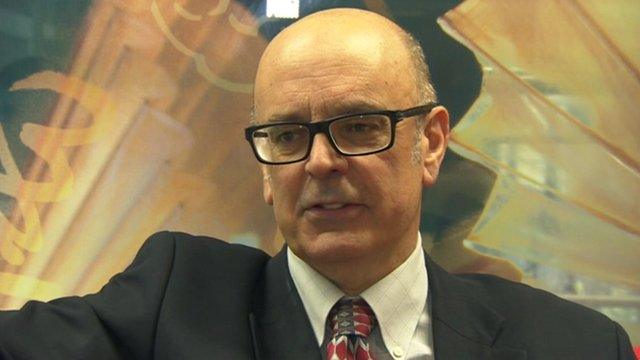Cardiff sex-filming ruling 'clarifies' voyeurism law
- Published
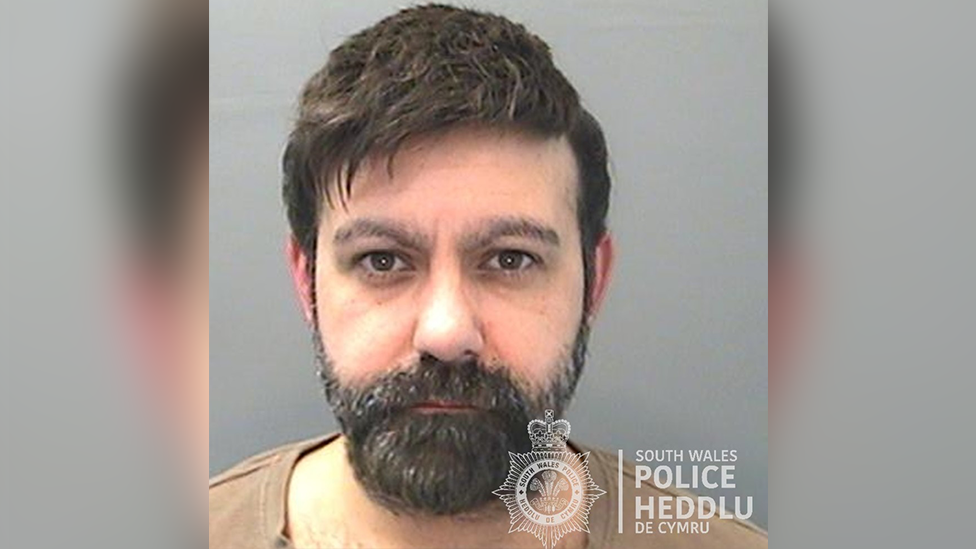
Tony Richards failed to overturn his voyeurism conviction
Filming a partner during sex without consent is voyeurism, Appeal Court judges have ruled.
Tony Richards, from Cardiff, was jailed for filming two sex workers, but argued his conviction should be quashed as the filming happened in a private setting.
Rejecting his appeal, judges ruled that the women he recorded had had a reasonable expectation of privacy.
The Crown Prosecution Service (CPS) said Wednesday's ruling "clarified this point of law".
Richards, 40, of Heritage Drive, Caerau, was jailed in August for 15 months for two counts of voyeurism and three counts of possessing indecent images of children.
The Appeal Court's rejection of his appeal is likely to have consequences for other cases, according to the Centre for Women's Justice (CWJ).
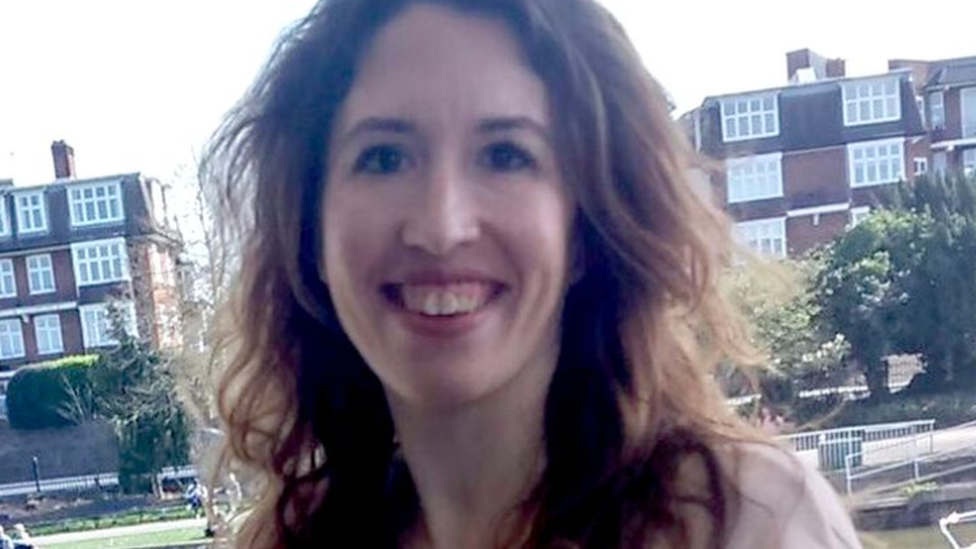
Emily Hunt launched a legal challenge against a decision not to bring a prosecution against a man she said filmed her without consent
One such case is that of a naked, sleeping woman who says she was filmed by a man without her consent, the CWJ says.
Emily Hunt launched a legal challenge last year against the CPS's decision not to bring a prosecution against the man, who she said filmed her without consent in May 2015.
The CWJ, which represented Ms Hunt, said the CPS would no longer oppose her challenge and would review its earlier decision, following the latest ruling.
Ms Hunt said: "This decision was the clear, obvious and commonsense answer to a question no-one else was asking: is it illegal to video someone naked without their consent?
"Because the answer is obvious: yes it is. And the court agreed."
Ms Hunt was given permission by the court to intervene in the case after the CWJ learned the CPS would be opposing Richards's appeal.
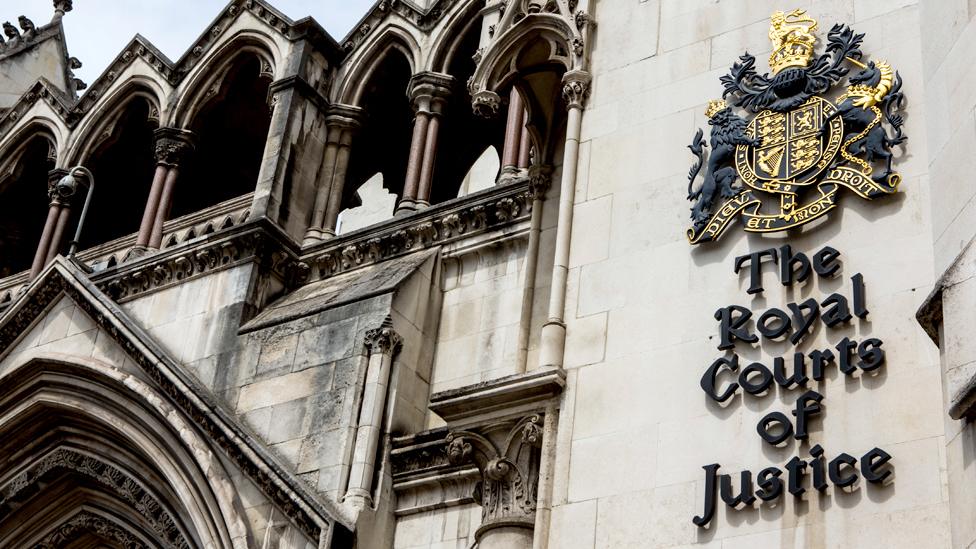
The ruling at the Court of Appeal will have ramifications for other cases
CWJ director Harriet Wistrich said: "We would like to know why the CPS chose to argue opposite points in two separate cases."
A CPS spokesman said: "What constitutes a 'private act' for the purposes of the offence of voyeurism had never been conclusively defined by a higher court.
"Now this new judgment has clarified this point of law, the CPS will review its position in the judicial review brought by Emily Hunt."
- Published10 January 2020

- Published12 April 2019
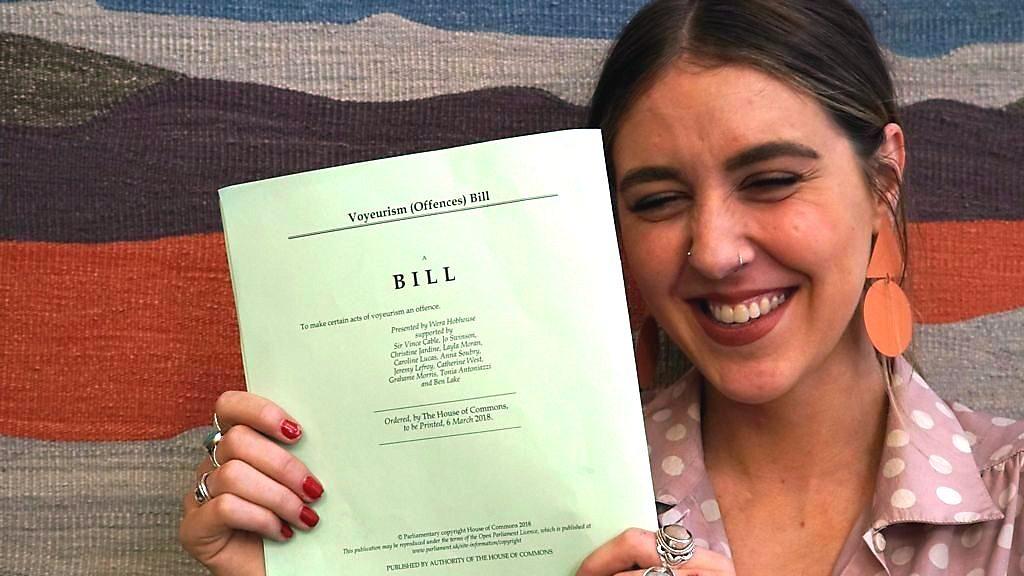
- Published14 April 2014
